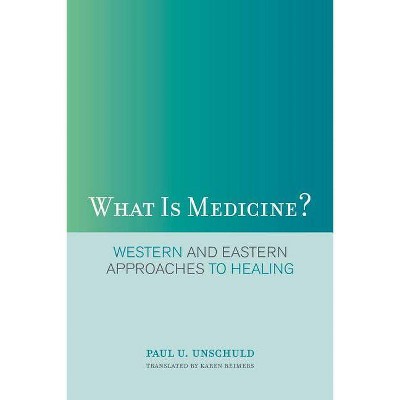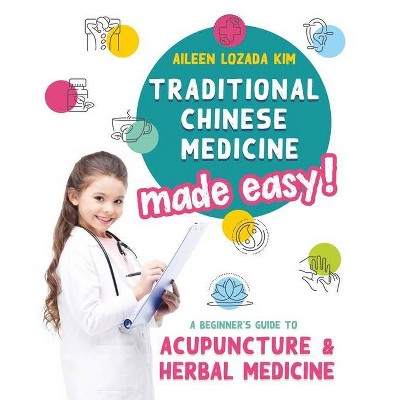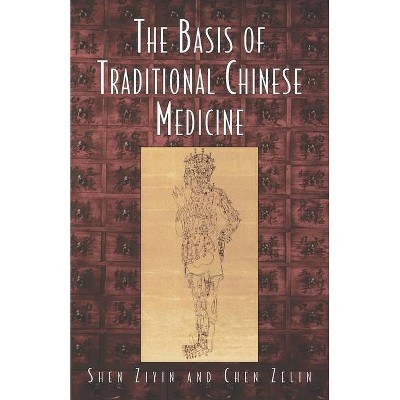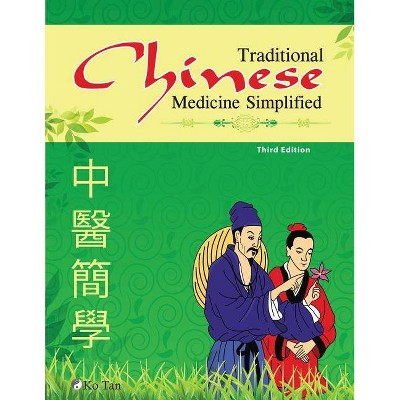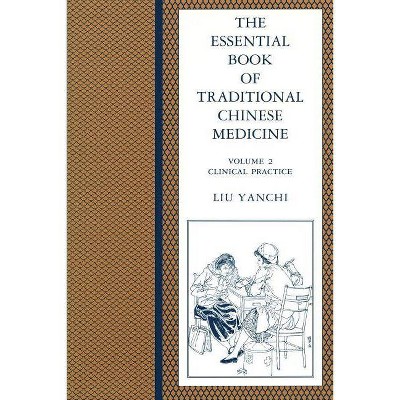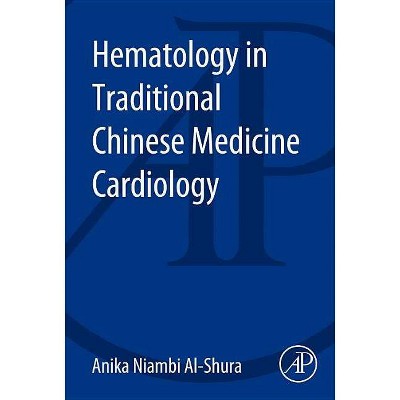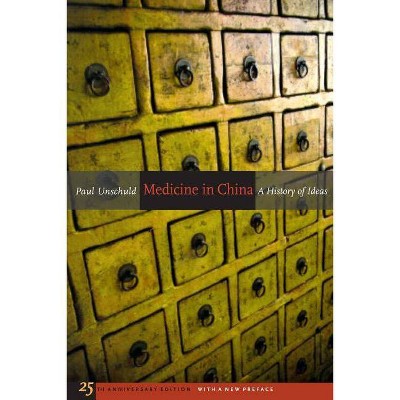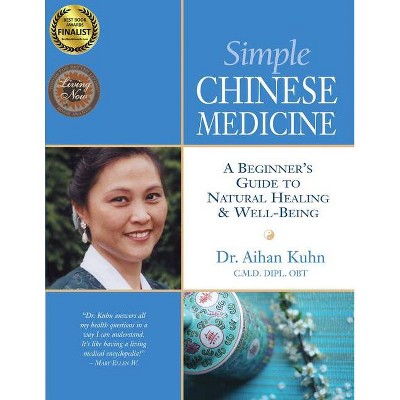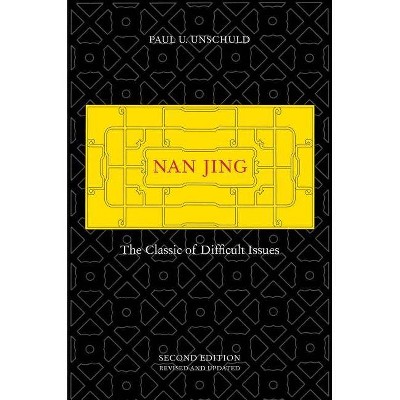Traditional Chinese Medicine - by Paul U Unschuld (Paperback)
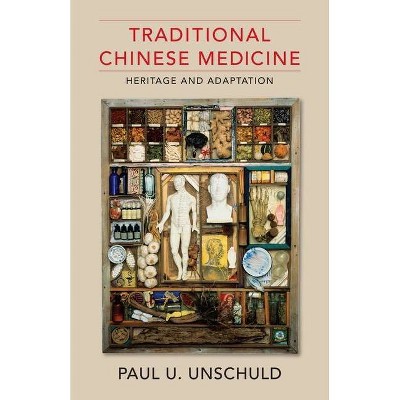
Similar Products
Products of same category from the store
AllProduct info
<p/><br></br><p><b> About the Book </b></p></br></br>This book explains the ideas and practice of Chinese medicine from its beginnings in antiquity to today. Paul U. Unschuld describes medicine's close connection with politics and society, bringing together texts, techniques, and worldviews to understand changing Chinese attitudes toward healing and the significance of traditional medicine today.<p/><br></br><p><b> Book Synopsis </b></p></br></br>A leading authority explains the ideas and practice of Chinese medicine from its beginnings in antiquity to today. Paul U. Unschuld describes medicine's close connection with culture and politics throughout Chinese history. He brings together texts, techniques, and worldviews to understand changing Chinese attitudes toward healing and the significance of traditional Chinese medicine in both China and the Western world. <p/>Unschuld reveals the emergence of a Chinese medical tradition built around a new understanding of the human being, considering beliefs in the influence of cosmology, numerology, and the supernatural on the health of the living. He describes the variety of therapeutic approaches in Chinese culture, the history of pharmacology and techniques such as acupuncture, and the global exchange of medical knowledge. Insights are offered into the twentieth-century decline of traditional medicine, as military defeats caused reformers and revolutionaries to import medical knowledge as part of the construction of a new China. Unschuld also recounts the reception of traditional Chinese medicine in the West since the 1970s, where it is often considered an alternative to Western medicine at the same time as China seeks to incorporate elements of its medical traditions into a scientific framework. This concise and compelling introduction to medical thought and history suggests that Chinese medicine is also a guide to Chinese civilization.<p/><br></br><p><b> Review Quotes </b></p></br></br><br>Highly recommended.--Choice<br><br>Unschuld's critique of Chinese medicine (past and present) provides readers with a very useful resource for understanding the development of Chinese medicine and for thinking about the future of TCM and its incorporation into Western health care systems.--Melissa S. Dale "Social History of Medicine "<br><br>[Unschuld is] the West's leading authority on ancient Chinese healing practices. One of the first Western scholars to tackle Chinese medicine in a systematic and serious way, Dr. Unschuld has seen his subject more as a way to interpret Chinese civilization than as a New Age answer to modern medicine.--New York Times<br><br>What exactly is traditional Chinese medicine and how did it develop? In this synoptic overview composed for a general audience, Paul Unschuld draws upon his deep knowledge of the history of medicine in China to offer an extraordinarily vigorous and trenchant critique of the popular myths and misconceptions surrounding traditional Chinese medicine.--Shigehisa Kuriyama, Harvard University<br><br>This small volume by one of the most distinguished living historians of traditional Chinese medicine is a tour de force of specialist knowledge.--Victor H. Mair, University of Pennsylvania<br><p/><br></br><p><b> About the Author </b></p></br></br>Paul U. Unschuld is the director of the Institute for the Theory, History, and Ethics of Chinese Life Sciences, Charité-Universitaetsmedizin Berlin. His books include <i>What Is Medicine? Western and Eastern Approaches to Healing</i> (2009) and <i>The Fall and Rise of China: Healing the Trauma of History</i> (2013).
Price History
Price Archive shows prices from various stores, lets you see history and find the cheapest. There is no actual sale on the website. For all support, inquiry and suggestion messages communication@pricearchive.us
